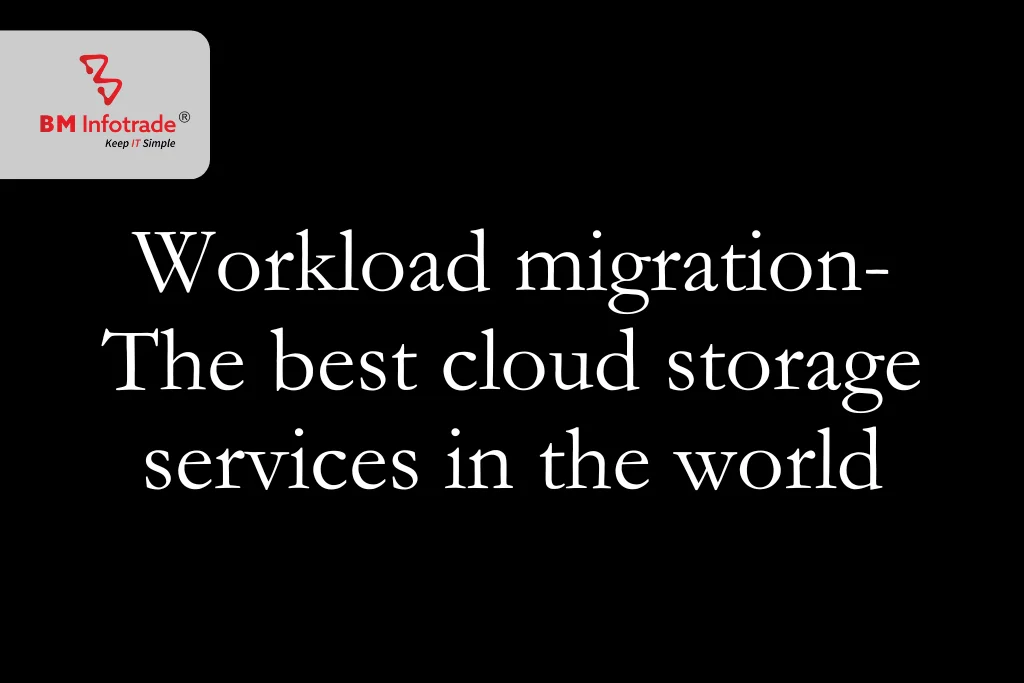What are the benefits of cloud computing? The wise decision
Explore the advantages of cloud computing, from cost efficiency to improved collaboration, and understand why it’s a smart choice for businesses today.

What are the benefits of cloud computing? The wise decision
Table of Contents
The phrase "cloud computing" has become frequently used in recent years. It is getting harder and harder for people and organizations to maintain all of their crucial data, programs, and systems on internal com
puter servers given the exponential rise in data use that has accompanied society's transition into the digital 21st century. Although the solution to this issue has existed for almost as long as the internet, it has only recently become widely used by businesses
Despite the data demonstrating the business efficiencies, cost-benefits, and competitive advantages that cloud computing holds, a sizable portion of the business community continues to operate without it. Cloud computing has been around for about 20 years. According to a study by the International Data Group, 69% of businesses are already utilizing cloud technology in some way, and 18% say they plan to do so in the future. Dell also notes that businesses that invest in big data, cloud, mobility, and security grow their revenue up to 53% more quickly than their rivals. This data demonstrates how more and more tech-savvy companies and industry leaders are recognizing the many advantages of the cloud computing trend. But more than that, they are utilizing this technology to run their businesses more effectively, provide better customer service, and significantly boost their overall profit margins.
The Advantages of Cloud Computing

Read More: Why Cloud Computing Necessary, it meaning and virtualization
More rapid time to market
Developers can speed up development with quick deployments because you can spin up new instances or shut them down in a matter of seconds. In order to test new concepts and create new applications without being constrained by hardware or having to wait through lengthy procurement procedures, cloud computing supports new innovations.
Flexibility and scaleability
Your company will have more flexibility thanks to cloud computing. Without spending money on physical infrastructure, you can easily scale resources and storage up to meet business demands.
The infrastructure required to support businesses' highest load levels doesn't need to be purchased or built by businesses. In the same way, if resources aren't being used, they can scale back quickly.
Money saved
You only pay for the resources you actually use, regardless of the cloud service model you select. This saves you from overspending on your data center's construction and equipment, and it frees up your IT teams' valuable time to concentrate on more strategic tasks.
Improved cooperation
You can make data accessible whenever you need it, wherever you are, thanks to cloud storage. People can access data from anywhere in the world using any device as long as they have an internet connection, so they are not restricted to a particular place or device.
Advanced protection
Contrary to what many people believe, the depth and breadth of security features, automatic maintenance, and centralized management of cloud computing can actually strengthen your security posture.
Reputable cloud providers also work with the best security professionals and use cutting-edge techniques to provide stronger security.
Prevention of data loss
Backup and disaster recovery tools are available from cloud providers. Data loss can be avoided in the event of an emergency, such as hardware failure, malicious threats, or even a straightforward user error, by storing data in the cloud rather than locally.

Read More : Cloud architecture: Workload on the cloud
Why make the move to cloud computing?
More flexibility and dependability, improved performance and efficiency, and a reduction in IT costs are all provided by the cloud. Additionally, it enhances innovation, enabling businesses to cut down on time to market and incorporate use cases for AI and machine learning into their strategies. These primary benefits can also be translated into other related benefits that can support remote workers, increase productivity, and enhance operational effectiveness.
Additionally, it's crucial to keep in mind that starting your own cloud journey doesn't have to be an all-or-nothing proposition. For instance, many companies are discovering that using a hybrid approach can help increase the capacity and capabilities of existing infrastructure while allowing them to continue operating in the setting that is most beneficial to their overall operations.
Conclusion:
As a result, teams using cloud computing are more productive and can launch products faster because they can quickly scale services without having to put in the time and energy necessary to maintain a traditional on-premise infrastructure.







Anshul Goyal
Group BDM at B M Infotrade | 11+ years Experience | Business Consultancy | Providing solutions in Cyber Security, Data Analytics, Cloud Computing, Digitization, Data and AI | IT Sales Leader